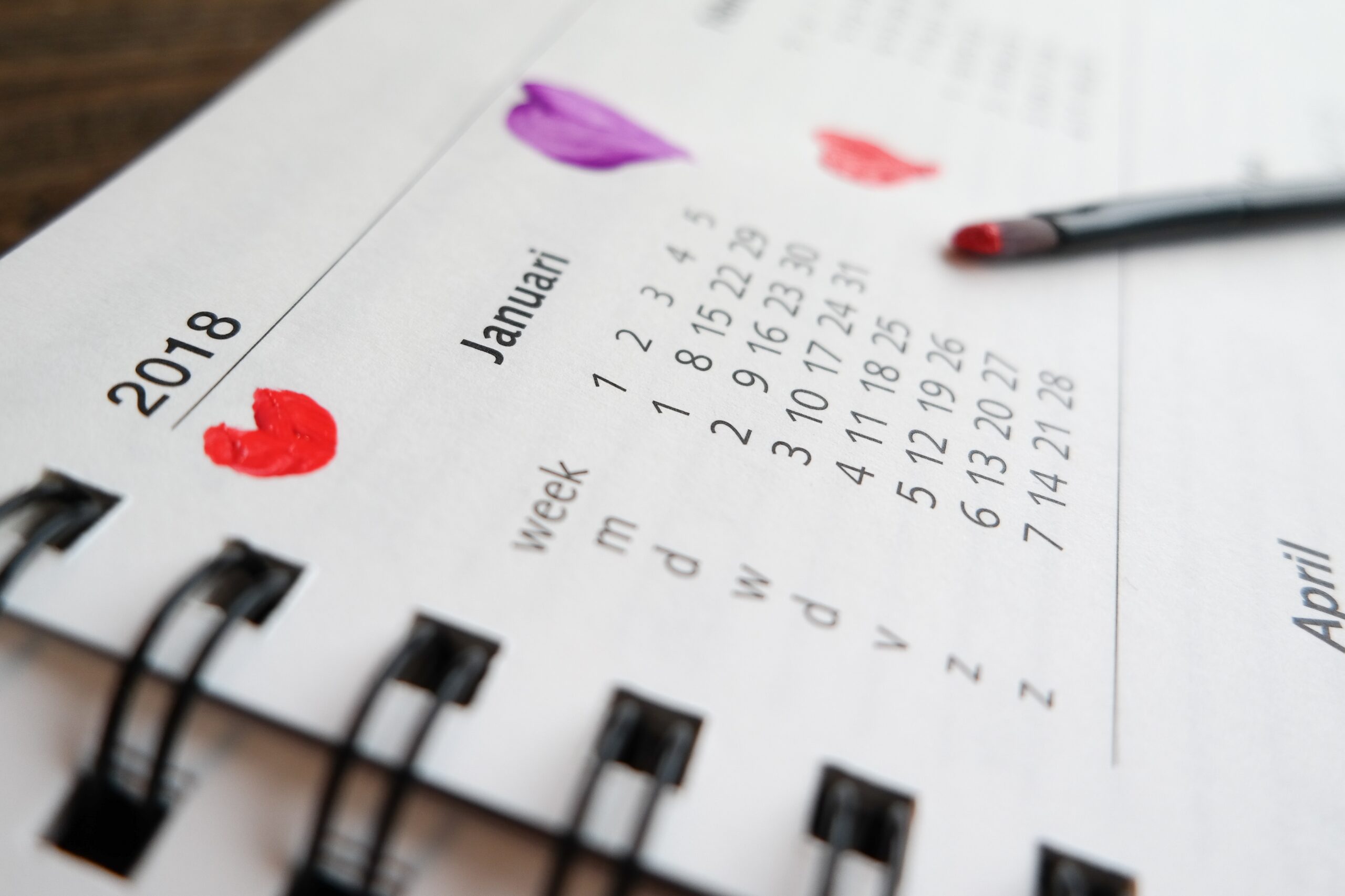Start With Your Goals
Before you schedule anything, define what you want to achieve. Are you launching a product, building brand awareness, or driving sales for a seasonal campaign? Goals drive content types, platforms, and timing. Without clear goals, a calendar is just busywork.
Choose Your Channels and Frequency
Decide where you’ll be active — email, social media, blog, etc. Then determine how often you’ll post or send. For example: one blog post a month, two social media posts per week, one email every other week. Choose a pace you can realistically maintain.
Plan Themes or Campaigns in Advance
Break the month into themes or campaigns. Maybe the first week focuses on testimonials, the second on education, the third on promotions. This helps create variety while staying aligned with your goals. Planning by theme also reduces content creation stress.
Use Tools (or a Spreadsheet) to Stay Organized
You don’t need fancy software to start. Google Sheets or Trello can work great. Each row or card should include the date, platform, content type, CTA, and status. If you prefer tools, try Asana, Notion, or CoSchedule — they’re user-friendly and built for marketers.
Review, Adjust, and Improve Over Time
Your first marketing calendar won’t be perfect — and that’s okay. Track what performs well and what doesn’t. Over time, you’ll learn what days work best, which content your audience engages with, and how to improve reach. Make it a living document.
Final Thoughts
A marketing calendar brings structure to your strategy. It helps you stay visible, consistent, and intentional — which are key to long-term growth. Start simple, stay flexible, and refine as you go.
FAQ
- What is a marketing calendar?
A tool that outlines your planned marketing activities by date. - Why do I need one?
It keeps your efforts consistent, goal-driven, and easy to track. - How detailed should it be?
Enough to include platform, message, CTA, and timing. - Can I use a spreadsheet?
Yes — Google Sheets works great for most small businesses. - How far ahead should I plan?
Aim for at least one month ahead — but review weekly. - What if I miss a post or deadline?
Adjust and keep going. Progress > perfection. - Do I need a different calendar for each platform?
You can — or you can color-code in one master calendar. - How do I track performance?
Monitor clicks, engagement, conversions, or sales tied to each post or campaign. - What tools help with planning?
Asana, Trello, Notion, Google Calendar, or CoSchedule. - Can a marketing agency help build one?
Yes — most agencies offer strategy sessions or ready-to-use calendars.
